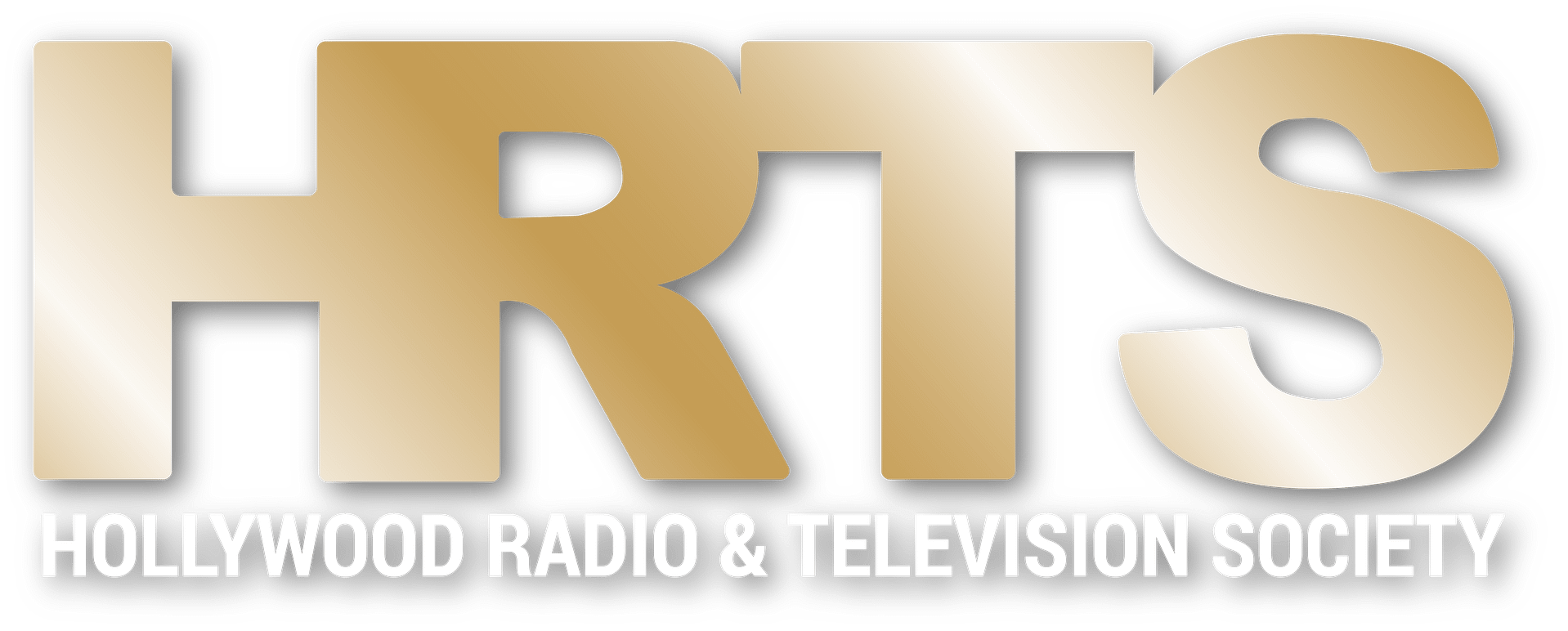2007. A writers strike loomed, new media revenues were unclear and the HRTS gathered together the five network presidents to discuss the future of the industry.
2010. A packed house once again gathered inside the Beverly Hilton to go back to the future with the return of an HRTS flagship event, the Network Chiefs. Writers, new media and revenues were among the many topics forefront in the minds of ABC’s Paul Lee, CBS’s Nina Tassler, FOX’s Kevin Reilly, NBC’s Angela Bromstad and The CW’s Dawn Ostroff.
Who would you get to moderate a group of presidents? None other than Kevin Beggs, President of HRTS and President of Lionsgate Television Group.
REVENUES
Beggs opened by asking Reilly about FOX’s recent retrans battle with Cablevision and the importance of dual revenue streams. Given the value of broadcast-produced content, Reilly wondered why “USA Network gets compensated for House reruns but FOX doesn’t get compensated for House originals”. He added that the current paradigm shift towards broadcast networks becoming dual revenue is one of the most important changes in our business, and that “we’re entitled to get a fair share”. Tassler agreed, saying that “we invest a tremendous amount of time and money in making great shows. We should be justly compensated”. Bromstad pointed out that if broadcast networks can develop dual revenue streams then “it levels the playing field”.
RATINGS
Beggs said that audience measurement continues to be a hot-button for everyone, that one of the key uncertainties about future revenues is the increasing complexity of measuring the size of the anywhere, anytime audience. In an age of increasing DVR usage and online viewership, how do we ensure that broadcasters are compensated for all viewers?
Lee drew knowing laughter when he said that overnights are over, since “you won Monday night and then you lost it by Thursday and then you won it again by the following Monday”. Tassler pointed out that the DVR is a force to be reckoned with, for better or for worse, since “years ago DVR was going to be the end of our business and now DVR is our friend”. Citing a specific example from a current hit show, she said that The Mentalist adds three million viewers once delayed-viewing numbers are included.
Ostroff concluded that we have to look at the big picture, that “you have to realize that every viewer has to be counted at some point. There are so many viewers that are getting our content in many different ways and they’re not being adequately counted, and it’s going to only get worse and worse as the years go on”.
As for what constitutes a hit on broadcast v cable, former FX President Reilly said that there are still significant differences, since had Lone Star been on cable “I would’ve taken my 1.3 rating and declared it a smash hit and nobody would’ve questioned it because that’s pretty much the exact same rating that Mad Men does”.
CREATIVE
Cable networks being filled with reality programming, Beggs wondered whether the genre is suited to broadcast and whether it has played itself out.
Bromstad responded that “I absolutely think there is a need for big reality hits as part of a network schedule, and there is absolutely room. In every other part of our business there’s been such a great number of good alternative shows that it’s competitive, it’s hard to be original” but it is still possible to reinvigorate the genre. Lee concurred, saying that “I think alternative is now a mature category” but that “doesn’t stop the fact you can reinvent alternative in the same way that you can scripted, you just have to be that much better”.
Regardless of the genre, the future of creativity looks bright since Tassler said that CBS this year has a show based on Twitter and so “five years from now it’s going to be very interesting to see where and how many different places an idea can originate. I think it’s a very exciting time”.
STRIKES
Three years ago it seemed all but certain that a writers strike would happen, so Beggs asked about the status of the current negotiations. The consensus is that a strike will not happen, a fortunate situation since as Tassler pointed out “no one wins, everybody loses”, adding that at this time “we’re just beginning to feel blood flowing in our veins again”. Lee added a lighter moment when he outlined the difference between Britain and America by noting that “we used to go on strike when they moved the tea break at the BBC”.
BRAVE NEW WORLD?
Given the pace of change in the industry, have the past three years taken us into a Brave New World?
2007. Reilly pointed out that the business had been run the same way for decades, a model determined by Detroit automakers during the 1950s, timing new TV shows to coincide with the September launch of their new cars. He added that if a strike were to happen then perhaps it would shake up the status quo.
2010. The strike did happen and yet the classic programming model largely persists, so Reilly reiterated that we need to move beyond it, we need to move to year-round programming. Tassler asked “you’ve been saying that how many years?” thus leading Reilly to close out the panel by hoping that “someday maybe these people will listen”.
View more pictures from the Network Chiefs luncheon.
Members can watch the video replay on the HRTS Online Video Central.

